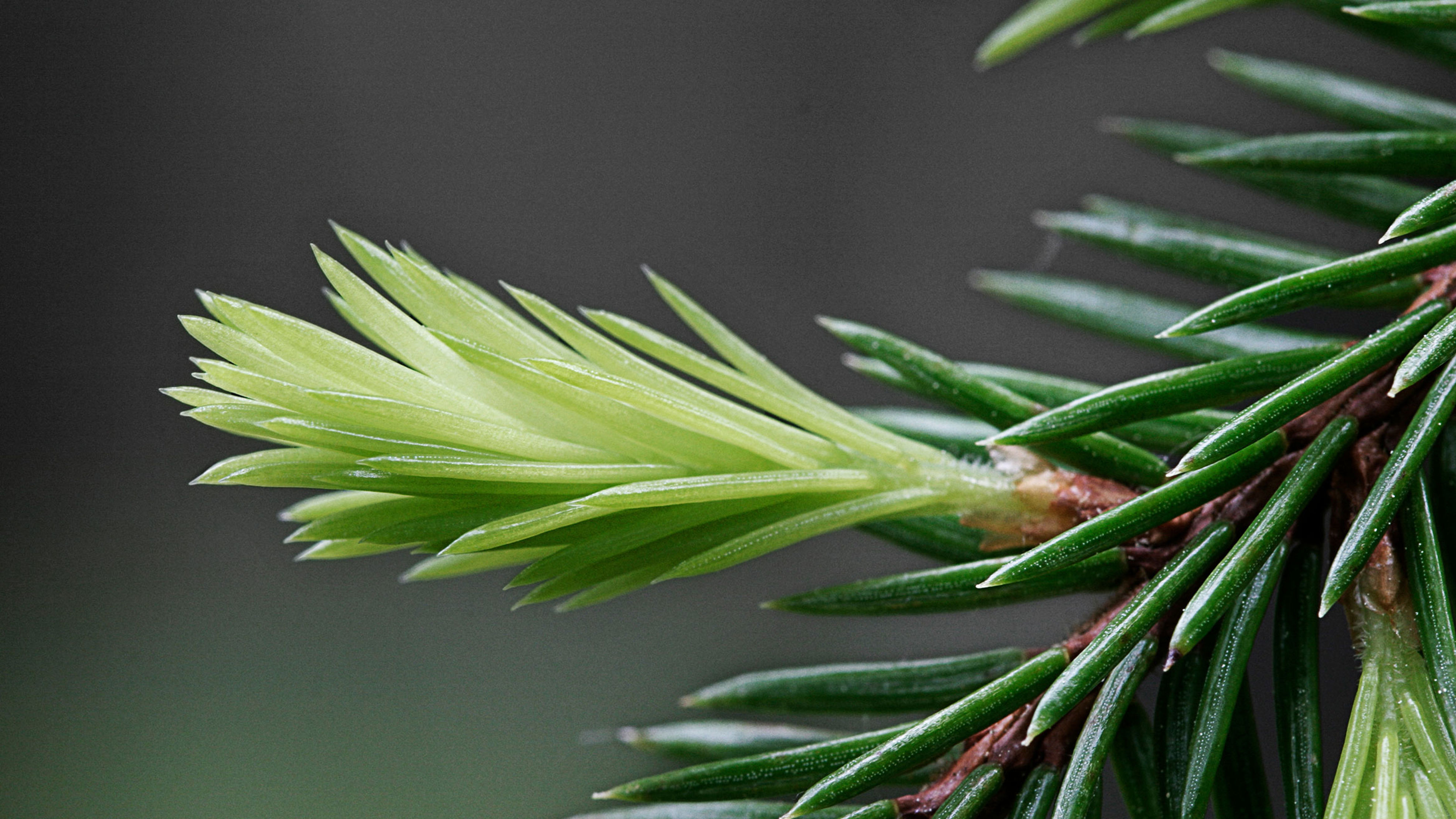DRT – part of the Firmenich Group – wants to differentiate itself from its competitors by offering plant-based – and therefore renewable – products to its customers, so that they can make their own environmental transition.
DRT’s forte lies in recovering and purifying alpha and beta pines present in CST – and then carrying out chemical transformations to address several markets ranging from fragrances to chewing gum.
Metsä Fibre, for instance, is one of the world’s leading producers of pine-based biochemicals, such as Crude Sulphate Turpentine (CST).
Rob du Chatenier, Marketing Manager for DRT, says that hygiene products and packaging are the biggest market segments from the perspective of CST.
“The sustainability angle is more and more important to consumers and companies alike, and instead of oil-based products, the focus is turning to greener products,” he says.
Shoulder the responsibility
One cornerstone for DRT and Metsä Fibre cooperation is Corporate Social Responsibility (CSR). Christophe Marsan, CSR Managing Director, is convinced that responsible and ethical practices create added value in the long term.
DRT wants to involve all the partners in its value chain in a continuous process to reduce its environmental impact. Metsä Fibre is an important partner in this work, being a true industry forerunner in environmental performance with impressive results.
For example, during the last decade Metsä Fibre has succeeded in halving its CO2 emissions per tonne produced and has set itself an objective of running 100 per cent fossil free mills by 2030.
“Metsä Fibre and DRT share the same commitment and mindset. We demonstrate on a daily basis that it is entirely possible to combine economic realities and environmental challenges,” Marsan says.
Safe and sustainable processes
Laurent Villain, Purchasing Director for DRT, and Guillaume Lamarque, Strategic Raw Materials Purchasing Manager, say that the company has collaborated with Metsä Fibre for well over a decade.
“In order to sustain our growth plan for the next coming years, DRT is providing a global technical support service for our strategic suppliers such as Metsä Fibre.”
This technical partnership involves, among other things, putting together technical teams featuring experts from both sides.
“This way, the pulp mills can have better control of the safety and environmental issues as CST recovery yields and qualities are improved,” Villain says.
Emmanuel Cazeils from DRT Technical Support explains that the collaboration with Metsä Fibre’s pulp mills is aimed at making operations more effective – as well as delivering a safer, sustainable process.
“We started collaboration at Äänekoski in May 2019, with the objective of significantly reducing the CST sulphur content, and, consequently, boosting safety,” he says.
Similar collaboration has recently been launched at Rauma pulp mill, as well, with the double goal of improving both CST qualities and recovery yields.
“We are reducing sulphur there, too, and looking to increasing volumes considerably.”
This article was originally published in Fibre Magazine issue 2020–2021. Read the whole article.
